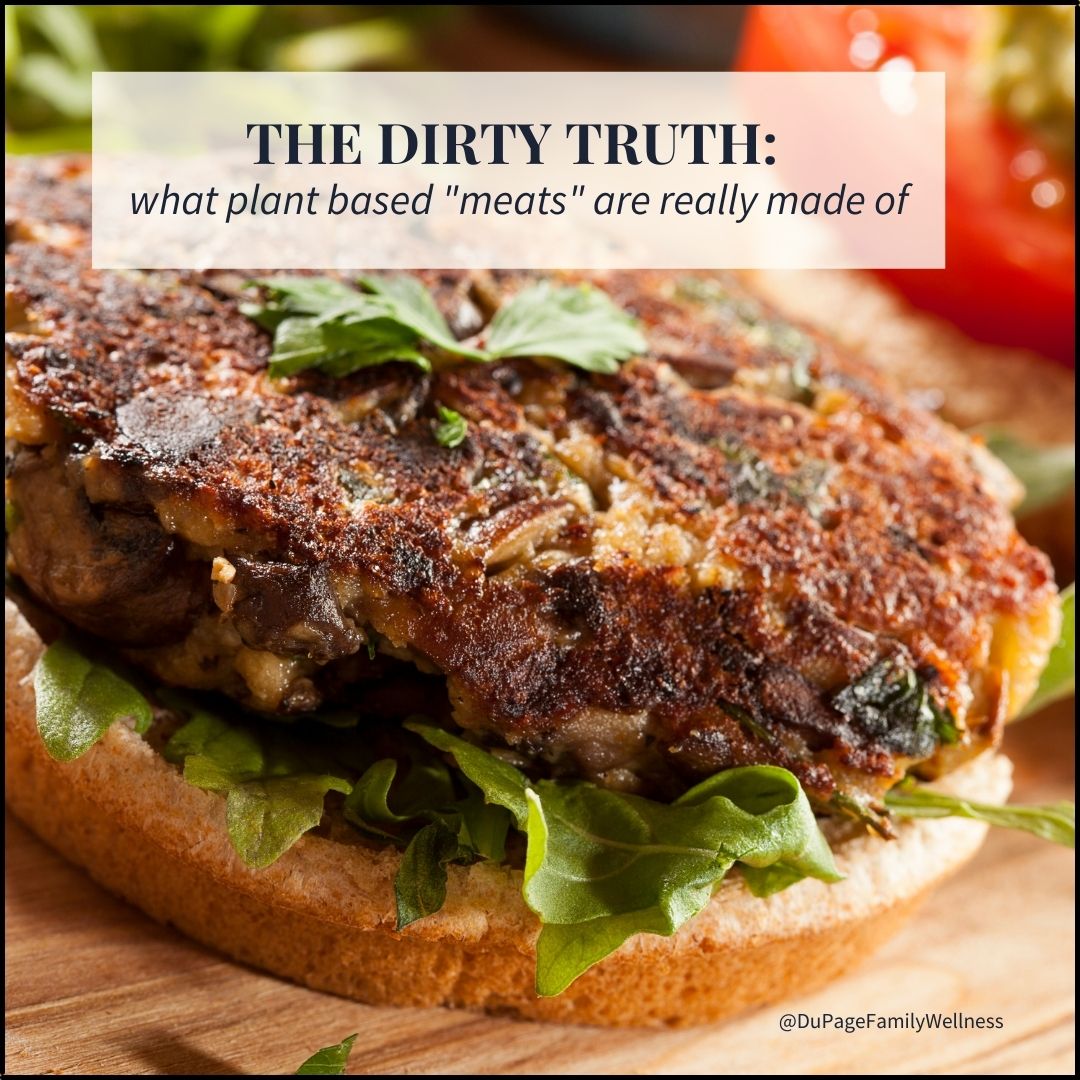 Everyone wants to be healthy, but there is so much conflicting information about how to achieve true health. We know that eating well is a huge part, but what exactly does it mean to eat healthily?
Everyone wants to be healthy, but there is so much conflicting information about how to achieve true health. We know that eating well is a huge part, but what exactly does it mean to eat healthily?
Many people claim that vegetarian or vegan diets are the way to go. But is giving up meat really the healthiest way to live? While everyone’s body is different, there are some general things to consider when evaluating these diets.
Let’s take a look to consider the concerns and see if they truly are all they claim to be.
The Basics
Let’s first define what we mean by a vegetarian or vegan diet. Most people know that being vegetarian means that you don’t eat meat, while vegans don’t eat any animal products at all (no honey, eggs, milk, cheese, etc.).
It is important to note that not all vegetarian/vegan foods are healthy. Just think about soft drinks, Oreos, potato chips, and candy. Many of them are free from animal products, but would not be considered healthy.
Meat Alternatives
Since vegan and vegetarians don’t eat meat, there is a big market for meat alternatives. In fact, in 2018 alone the plant-based industry brought in $3.3 billion. That’s a lot of money!
You can find just about any plant-based meat alternatives (chicken strips, hamburgers, bacon, breakfast sausage, etc.). But are these “meats'' really healthy alternatives? Well, unfortunately, these products contain a lot of questionable ingredients. This is why is it so important to always read your ingredient labels to make sure that most of what you are putting into your body are simple, real food ingredients.
According to Sarah Keough, MS CNS LDN “The original ‘veggie burgers’ of decades past actually consisted of mostly whole foods: beans, vegetables, and seasonings from herbs and spices. Today’s popular plant-based meats barely support the word ‘plant.’ They are instead composed of protein isolates, synthesized nutrients, processed oils, and a host of other additives connected with various health issues.”
What to Look For
Let’s take a look at the oils used. Many of these products contain either canola or sunflower seed oil. These oils are high in Omega six fatty acids which cause a lot of inflammation in the body. Since we know that inflammation is a huge factor in most diseases, we must question the wisdom of consuming these products.
Another ingredient that may cause harm is the GMO Soy Leghemoglobin often found in these products. This ingredient is what gives the meat alternative its meaty flavor and appearance. It is found in small amounts in nature and was not formerly consumed by humans. Companies making meat alternatives have to manufacture this ingredient in a lab in order to have enough to use in their products.
It is always better to eat whole foods made in nature rather than products produced in a lab!
Does the Research Show It’s Safe?
This is a complicated question. Let’s take a look at the Impossible Foods’ brand as an example. At first they were denied a “GRAS” (generally recognized as safe) certification by the Food and Drug Administration (FDA). But Impossible Foods’ decided to carry out their own safety studies. These limited studies raised more concerns, but eventually, the FDA granted them GRAS status.
We must question if it is wise to accept a few studies done by biased researchers as the basis for granting a company this type of status. In fact the Center for Food Safety (CFS) sued the FDA for letting these products be sold to the public without the proper safety studies.
There are many other questionable ingredients in these products. So many that we could write a whole new post about it. Hopefully if you are eating these products you will do a little more research on this to make a fully informed decision. A great place to start would be reading the article, “Artificial Animals: Rancid Fats, Harmful Additives, & Controversial Plant Blood.”
Plant-based Diets
If you have chosen to give up meat for ethical or religious reasons, you may want to consider adopting a plant-based diet. Plant-based diet tends to consist of more healthy foods as it is vastly composed of plants.
Since plant-based diets are low in processed foods, vegetarian junk food is not a part of a plant-based diet. Instead, you will be eating lots of fruits, vegetables, whole grains, healthy fats, and natural protein.
While there is a case for the benefits of eating meat, this would be a good alternative for those who aren’t open to that option. Eating a whole food natural diet is a good choice for everyone - vegetarian or not!
For me personally, based on my experiences working with patients, self-experimentation, all of the research that I've done, I find that consuming animal products is essential for my health. Rather than eating a "plant-based" diet, I choose a "plant-rich diet" full of a variety of plants and animals. There are nutrients that are hard to get on a strictly plant-based diet (like vitamin B 12, other B vitamins, iron, copper, and zinc). Additionally, it is difficult to get enough protein on a strictly plant-based diet. Protein is essential for building muscle and is helpful in balancing blood sugar. When I don't consume protein, I end up eating too many carbohydrates throwing my blood sugar and insulin off (and leading to energy crashes, poor sleep, and overall simply not feeling as well). I do prioritize eating animals that ate their natural diets on small farms, but that is another topic for another day.
If you are interested in learning more about healthy eating, be sure to ask me about my online class “7 Weeks of Real Food.”
Dr. Jamie

